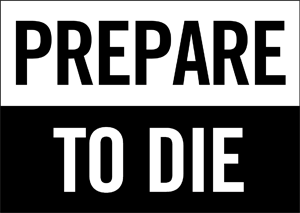
Continuing from my last post on this book with more quotes from the first chapter. Really, you should just beg, borrow or even buy the book, and read it yourself, but I need to remember the essence of what he says — not that there is any spare flesh in Rowan's writing.
Life, Death and Neighbours (cont.)
Everything begins with this vision and hope of putting the neighbour in touch with God in Christ [which] entails facing the death of a particular kind of picture of myself. ...one of the great temptations of religious living is the urge to intrude between God and other people. We love to think that we know more of God that others; we find it comfortable and comforting to try and control the access of others to God. p.25
[We] are only trying to make others in [our] own image ...[with] this deep-rooted longing to manage the access of other people to God ... everyone is drawn almost irresistibly back towards this urge to manage ...[through] inattention, the failure to see what is truly there in front of us — because our own vision is clouded by self-obsession or self-satisfaction. p.26
If we don't really know how to attend to the reality that is our own inner turmoil, we shall fail in responding to the needs of someone else. ...readiness to judge and prescribe — normally has its roots in that kind of inattention to ourselves. 'How can I pass judgment when I don't know the full truth about myself?' p.26
Self-satisfaction is dealt with not by confrontation or condemnation but by the quiet personal exposure of failure in such a way as to prompt the same truthfulness in someone else: the neighbour is won, or converted, by Macaruis's 'death' to any hint of superiority in his vision of himself. ...the goal is reconciliation with God by way of this combination of truth and mercy. ... The fundamental need as far as the counsellor is concerned is first of all to put themselves on the level of the one who has sinned, to heal by solidarity not condemnation. p.26-9























































No comments:
Post a Comment